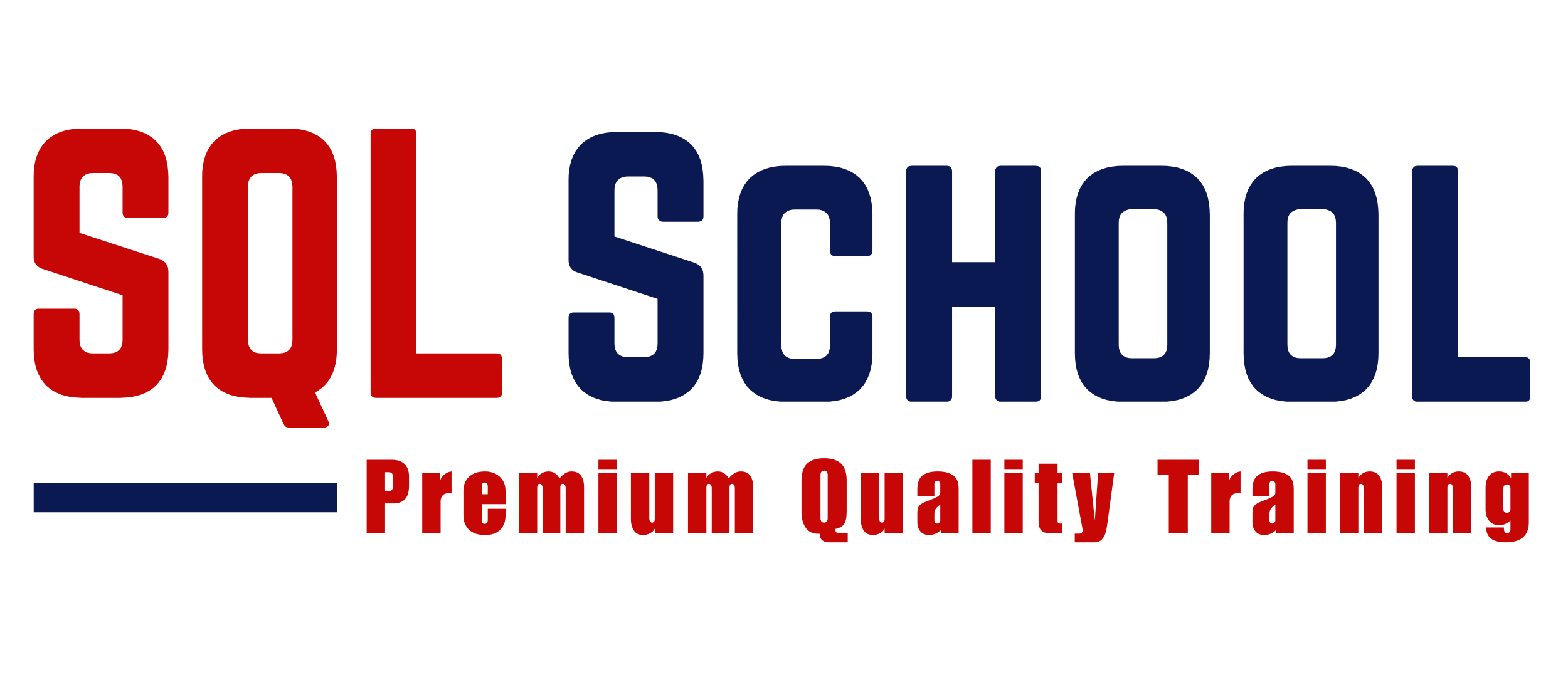Database and Database Management System
Imagine running a business without keeping track of customers, inventory, or transactions. Chaos, right? This is why understanding “what is Database and what is Database Management System” (DBMS) is not just helpful — it’s essential.
A database is like a digital filing cabinet. It stores information — customer names, sales data, employee records — in a structured way. A Database Management System (DBMS), on the other hand, is the tool that helps you interact with that cabinet: organizing it, searching through it, updating it, and keeping it secure.
Let’s break this down in a way that’s both practical and powerful for your growth.
Components of a database
A database is made up of multiple parts that help it function efficiently:
- Tables: The core of any database. Think rows and columns, just like a spreadsheet.
- Fields (Columns): Define what kind of data you’re storing — like {structured data}, names, dates, or IDs.
- Records (Rows): Each entry in the table. For example, each customer’s information is a record.
- Schema: This defines the structure of the database — how tables relate and interact.
- Keys: {Primary key and foreign key} help link data between tables and keep everything accurate.
Functions of a DBMS
A DBMS acts as the middleman between users and the database. Here’s what it does:
- Data storage and retrieval: It saves your data and brings it back when you need it.
- Data manipulation: Add, edit, or delete information using {CRUD operations}.
- Security management: Only authorized users can access or modify data.
- Backup and recovery: Helps protect your data from loss.
- Querying capabilities: Use SQL to ask the database questions and get answers.
Whether you’re handling a startup’s contacts or a global company’s transactions, a DBMS makes data work for you.
Types of DBMS
Databases aren’t one-size-fits-all. Here are a few types you’ll encounter:
- Relational DBMS (RDBMS): Organizes data into tables. Ideal for most business applications. Popular ones include MySQL and SQL Server.
- NoSQL DBMS: Great for unstructured or semi-structured data like logs, JSON, or IoT streams.
- Hierarchical DBMS: Data stored in a tree-like structure. Common in legacy systems.
- Object-oriented DBMS: Stores data as objects, as used in software development.
Understanding these types helps you choose the right fit for your business model.
Advantages of using a database
Here’s why every business — no matter the size — should leverage a DBMS:
- 🔒 Security: Sensitive information stays safe through user control and encryption.
- ⚙️ Automation: Repetitive tasks like reporting can be automated.
- ⚡ Speed: Databases handle massive volumes of data with lightning-fast response.
- ✅ Accuracy: With {normalization in databases}, redundancy and errors are minimized.
- 📈 Scalability: Whether you have 10 clients or 10,000, your database grows with you.
“When your data is organized, your decisions become unstoppable.”
“Database vs spreadsheet comparison”
At first glance, spreadsheets might seem like the simpler choice. But they come with limits.
Feature | Spreadsheet | Database (DBMS) |
| Data volume handling | Limited | Handles massive datasets |
| Multi-user access | Difficult | Built-in and secure |
| Automation and backups | Manual | Automated |
| Relationship support | None | Fully supported with {foreign key} |
Spreadsheets are fine for basic tracking. But as your data — and your business — grow, a database becomes non-negotiable.
Knowing “what is Database and what is Database Management System” isn’t just tech lingo — it’s foundational business knowledge. It empowers you to handle, protect, and extract value from data in a way that drives real growth.
The sooner you master databases, the faster you’ll scale. So whether you’re building your startup, optimizing operations, or preparing for digital transformation, now’s the time to take control of your data story.
🎓 Want to become an expert in Microsoft SQL Server and master real-time database management?
Join SQL School — India’s most trusted platform for real-time MSSQL training!
✅ Learn SQL Server 2019 & 2022 step-by-step
✅ Gain hands-on experience with real-time projects
✅ Master T-SQL, Joins, Stored Procedures, Indexing, and Performance Tuning
✅ Prepare for DP-300 Certification with expert guidance
📞 Call now at +91 96666 40801 or visit 👉 SQL School for a FREE demo session!
SQL School – Your Real-Time Guide to SQL Server Mastery.
